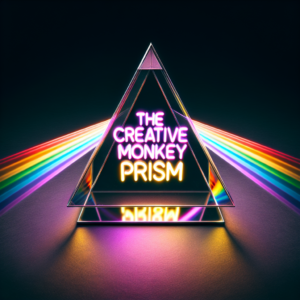How often do you look at yourself in the mirror? What do you see? There’s a whole world of psychology behind the simple act of self-perception. Through the mirror’s reflection, we not only glimpse our physical appearance but also dive into the depths of our self-identity, self-worth, and self-esteem. Let’s explore the mirror’s role in our psychological lives.
10 Self-Perception Insights
- Reflective Reality: The mirror provides a literal reflection of ourselves, but what we perceive is often a product of our emotions, beliefs, and self-esteem.
- Mirror and Mood: How we perceive our reflection can change depending on our mood. A bad day can magnify perceived flaws.
- Self-Talk: The mirror is often a stage for self-talk. What you say to yourself matters and can deeply influence your self-perception.
- Body Image: The mirror plays a vital role in shaping our body image. It can be a tool for self-love or self-criticism, depending on our mindset.
- Mirror Avoidance: Avoiding mirrors can be a coping strategy for those struggling with body dissatisfaction or low self-esteem.
- Perfectionism: For some, the mirror may become an instrument of perfectionism, leading to an obsessive focus on physical appearance.
- Self-Recognition: Recognizing oneself in the mirror is a developmental milestone in early childhood, marking the beginning of self-awareness.
- Age Perception: Mirrors don’t just reflect our current self. They can also confront us with our aging selves, affecting our perception of time and mortality.
- Mirror Therapy: Mirrors are used in therapy to help individuals connect with their bodies, practice self-love, and combat negative self-perceptions.
- Inner Reflection: Ultimately, the mirror encourages a deeper self-reflection, prompting us to consider who we are beyond our physical appearance.
QR Poet Summary
The mirror serves as a powerful tool for self-perception, influencing our self-esteem, body image, and self-awareness. It reflects not only our physical selves but our inner selves as well. So next time you gaze at your reflection, remember to show kindness and acceptance towards the person staring back at you.
The Big Question
In a society obsessed with physical appearance, how can we use the mirror as a tool for positive self-perception and self-growth?










